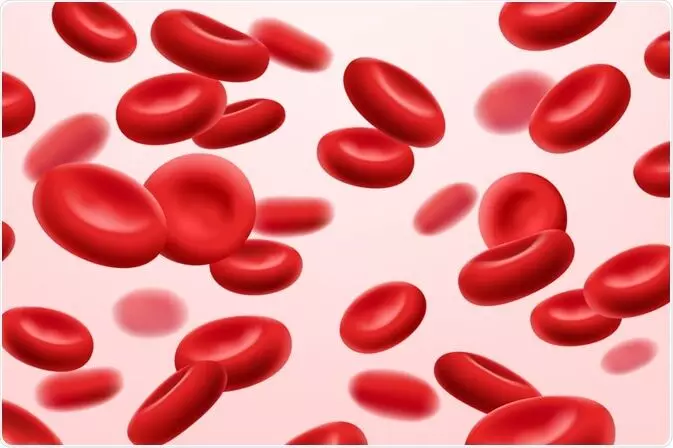What is Anemia: Its Causes, Symptoms, and Prevention

Do you know that anemia is a blood-related disease, which is also called a lack of blood in the body? This disease occurs due to a lack of hemoglobin in the body. Mostly women are the victims of this disease because there is a lack of iron in the body due to blood, due to which the formation of hemoglobin in the body reduces.
What is anemia:
According to doctors, the biggest cause of anemia is the lack of iron in the body. When the red blood cells in the body start to gradually disappear and the body does not get the diet as per the requirement, then it leads to lack of blood. Along with this, most of the time this problem also occurs due to lack of blood during adolescence and menstruation in women. Let us tell you that the lack of anemia in the body also increases the risk of other diseases. At the same time, according to doctors, pregnant women are more likely to have cases of anemia.
Symptoms of Anemia
Fatigue
Weakness
Pale skin
Irregular heartbeat
Difficulty breathing
Dizziness
Chest pain
Cold hands and feet
Headache
At first, anemia may be so mild that you don't notice it. However, the symptoms worsen as the anemia worsens.
When to visit a doctor
If you are feeling tired and don't know why, contact your doctor.
There are many causes of fatigue other than anemia, so don't assume that if you are tired you must be anemic. Some people find out that their hemoglobin is low when donating blood. If you are told that you cannot donate blood due to low hemoglobin, contact your doctor immediately.
Let us tell you that your body produces three types of blood cells - the first is white blood cells to fight infection. Second, platelets help prevent your blood from clotting, and third, red blood cells to carry oxygen throughout your body.
According to science, red blood cells contain hemoglobin, an iron-containing protein that gives blood its red color. This hemoglobin enables red blood cells to carry oxygen from your lungs to all parts of your body and carry carbon dioxide from other parts of the body to your lungs.
Causes of anemia
There are different causes of anemia. They include:
Iron deficiency anemia: The most common anemia is caused by a lack of iron in your body. Your body needs iron to make hemoglobin. Without enough iron, your body cannot produce enough hemoglobin for red blood cells.
Vitamin deficiency anemia: In addition to iron, your body needs folate and vitamin B-12 to produce enough healthy red blood cells. A diet lacking in these nutrients can reduce the pro-creation of red blood cells.
Sickle cell anemia: Anemia can occur when red blood cells change their shape (sickle) and the blood is unable to pass through the arteries.
Thalassemia: A defect in the DNA caused by hemoglobin can also be a cause of anemia.
How to prevent anemia
Many types of anemia cannot be prevented. But you can avoid iron deficiency anemia and vitamin deficiency anemia by eating a diet that includes a variety of vitamins and minerals.
These include:
Iron: Eat iron-rich foods such as beef, meat, beans, lentils, dark green leafy vegetables and dried fruits.
Folate: This nutrient, and its synthetic form folic acid, can be found in fruits and fruit juices, dark green leafy vegetables, green peas, kidney beans, peanuts, and grain products such as bread, pasta and rice.
Vitamin B12: Foods rich in vitamin B-12 include meat, dairy products, and soy products.
Vitamin C: Foods rich in vitamin C include citrus fruits and juices, peppers, broccoli, tomatoes, melons, and strawberries.
